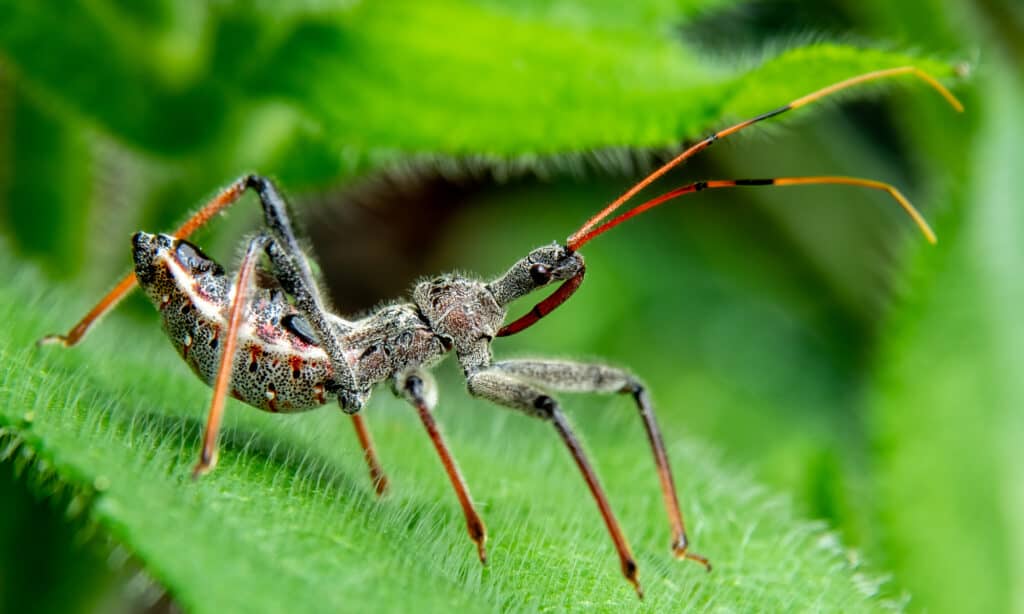
Summer brings sunshine, outdoor fun, and, unfortunately, a wave of seasonal pests. While ticks and mosquitoes are familiar foes, assassin bugs—also known as “kissing bugs”—are becoming more common and pose a growing concern.
Though many people haven’t heard of them, their bites can carry serious health risks, making it essential to understand how to recognize and avoid them.
What Are Assassin Bugs?
Assassin bugs are blood-sucking insects that feed on both humans and animals. Their bite alone can be irritating, but what makes them especially dangerous is what happens afterward. These bugs often defecate near the site of the bite, allowing parasites to enter the body.
These parasites can cause Chagas disease, a potentially life-threatening illness with symptoms that range from mild discomfort to serious, long-term complications. In some cases, the disease can damage the heart if left untreated.

Where They Live and How to Keep Them Away
These insects are found across many regions of the U.S., especially in the Southern states. They’re typically spotted in gardens, beneath porches, or even inside homes. Preventing infestations involves simple steps: remove plant debris, keep outdoor areas tidy, and seal up cracks or gaps where bugs might enter. Creating a clean, clutter-free environment reduces the chances of them settling nearby.
Recognizing the Signs
Chagas disease can appear with symptoms such as fatigue, headaches, skin rashes, fever, and vomiting. But in many cases, there may be no immediate signs, allowing the disease to develop silently and potentially harm the heart over time.
If you suspect you’ve been bitten by an assassin bug, don’t wait—seek medical help. A blood test can confirm infection and allow for early, more effective treatment.

Staying Safe Without Fear
The rise of assassin bugs doesn’t mean you need to stay indoors all summer. Rather, it’s a reminder to be more mindful. Understanding these pests and their risks empowers you to enjoy summer activities safely. With a little awareness and prevention, you can protect yourself, your loved ones, and your pets—while still making the most of the season.




